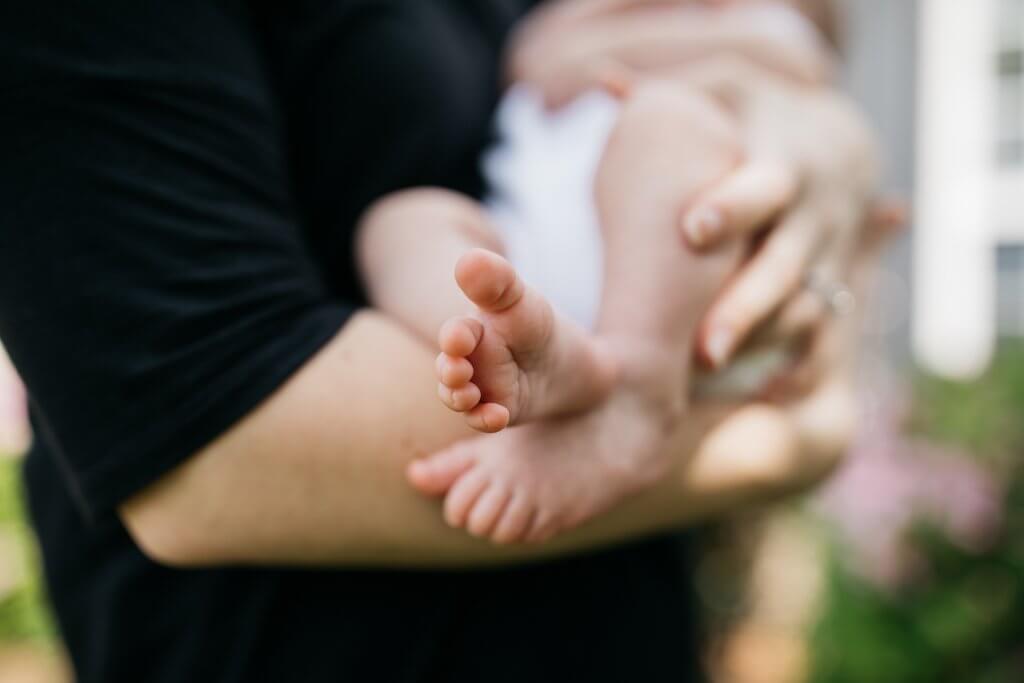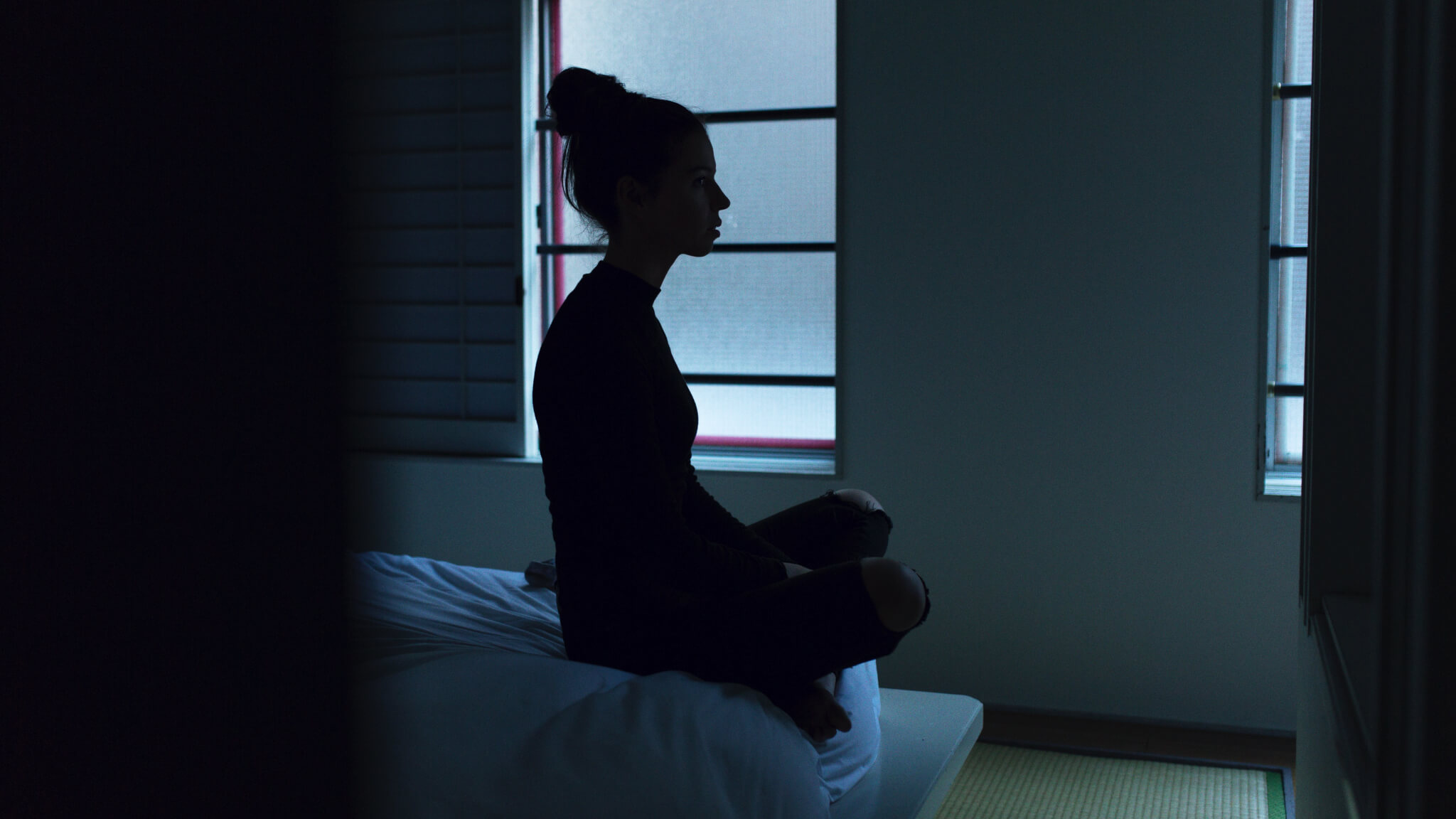Are you worried that you or someone you know may have postnatal depression? You’re not alone. It’s a very common illness, affecting 1 in 10 women after giving birth. It can affect fathers and partners, too.
If you’re struggling with feelings of depression after having a baby, I want you to know it’s not your fault you feel this way, and it doesn’t make you a bad parent. Postnatal depression is a real illness, and you deserve to get the help you need. And the good news is it’s treatable; it can take time, but you can make a full recovery.
I’m a trained counsellor and hypnotherapist, and I understand the impact depression can have on sufferers and their loved ones. I’ve written this post to give you more information about postnatal depression – the symptoms, causes and the best treatment options, so you can go on to overcome your illness.
What is postnatal depression?
It’s normal to feel upset and anxious in the first week or two after giving birth. This is called the ‘baby blues.’ It’s caused by the sudden change in hormones after delivery, the upheaval to your lifestyle and lack of sleep. Talking to someone can help with the baby blues, and it typically gets better without treatment.
But if symptoms develop later, or they last for longer, it could mean you have depression. Very often, the symptoms of postnatal depression can develop gradually. So at first you might not realise you have the illness.
Symptoms of postnatal depression
There are symptoms that people with postnatal depression often experience. If you have some of these, it could indicate that you’re suffering from the illness:
- Feeling sad or low most of the time.
- Not being motivated to do anything.
- Feeling tearful or irritable a lot of the time.
- Feeling guilty, or feeling like you’re not good enough.
- Trouble concentrating or making decisions.
- Feeling like you can’t cope with anything.
- Finding it difficult to bond with your baby.
- Feelings of fatigue and hopelessness.
- Intrusive and frightening thoughts about harming yourself or your baby.
If you’re having thoughts about harming you or your baby, please keep in mind this doesn’t mean you’re actually going to act on them. You might be afraid to tell people about these thoughts, but opening up to a family member, a friend or a health professional is the best way to get support.
What are the causes of postnatal depression?
The exact cause of postnatal depression isn’t known. Some factors might increase the risk of postnatal depression, such as a family history of depression, a depressed partner or not having close family or friends for support. But having a baby is a big life changing event, and postnatal depression can happen to anyone.
How to overcome postnatal depression
Looking after a baby can be a big challenge for all parents, and it’s even harder if you also have depression. Asking for help isn’t a sign of weakness. You deserve to get the support you need, and it’s never too late to seek help, either; the condition is treatable, even if it’s been going on for a long time.
There are several things you can do that will help you overcome your depression:
Reach out
You might want to be alone when you’re suffering from the symptoms of depression. But isolating yourself can make things feel worse. Reach out to people you trust; your partner, family or friends. Let them know what support you need, both practical and emotional. If you suspect you have postnatal depression it’s also important to tell your GP, or another trusted professional such as your Midwife or Health Visitor.
Together, you and your GP can decide on a course of treatment that’s tailored to meet your needs. You might be offered self-help courses, counselling, anti-depressant medication or a combination of these. Your GP can also provide you with medication that’s safe to take while breastfeeding if needed.
Make time for yourself
Caring for an infant is a full-time job, and it can mean your own needs get overlooked. But it’s hard to care for someone else if you don’t also look after yourself first. Set aside quality time to do things you enjoy. Perhaps reading a book, having a warm bath, and pampering yourself. Even small things like having a shower and getting dressed can make a big difference to how you feel.
Be kind to yourself
New mums can feel under a lot of pressure to be perfect and to put on a brave face. Try to be kind to yourself. You don’t have to do everything – enlist the help of others to do chores and babysitting duty. Don’t beat yourself up if things don’t go as planned or you find yourself feeling worse again.

Get as much sleep as you can
Of course, getting a full night’s sleep can be difficult when you have a baby. But lack of sleep can make depression worse, so it’s a good idea to catch some shut-eye whenever you can. Nap when the baby naps, and ask your partner or someone you trust to help care for your baby while you rest. If you’re having trouble sleeping, establishing a good night-time routine can help.
Exercise regularly
Studies have shown that physical activity can help beat the symptoms of postnatal depression. Being active relieves stress, helps you sleep better and can give you an energy boost, too. There’s no need to overdo it — as little as a 10 minute walk once a day can help you feel better.
Learn baby massage
If you’re having trouble bonding with your baby, try not to feel guilty. It can sometimes take months to form a connection. Consider learning baby massage, either through a class, video or book. Touch helps the bonding process for both parent and baby, and studies have shown baby massage can ease the symptoms of postnatal depression.
Seek counselling
Many people with postnatal depression find counselling or ‘talking therapy’ helpful. Therapy gives you the opportunity to express yourself frankly in confidence, and to discover new coping strategies that work for you.
Your GP may offer cognitive behavioural therapy (CBT), which works by helping you change unhelpful negative thought patterns into positive ones. Person-centred counselling can also be very helpful for resolving depression. A person-centred counsellor will give you unconditional support so you can explore underlying issues or past events that might have contributed to your depression.
Do you need someone to talk to?
If you need someone to talk to, I’m here to listen. Whether you’re suffering from depression or there’s something else troubling you, you’re very welcome to get in touch with me. I’m a qualified person-centred counsellor and hypnotherapist based in Manchester. I offer face-to-face therapy in the Manchester area, and UK wide online and telephone counselling.
Useful links and helplines:
The Association for Post Natal Illness (APNI) is a charity that offers information, advice and support to sufferers of postnatal depression. They have a helpline: 020 7386 0868 open from 10am to 2pm, Monday to Friday.
The PANDAS Foundation is a charity that offers a support service for families affected by prenatal and postnatal illnesses. They have a free helpline: 0808 1961 776 open 9am to 8pm, Monday to Sunday.
The National Counselling Society (NCS) is the professional association for counsellors. Their website has a national directory of qualified therapists, searchable by area.
The Samaritans – 116-123 is a helpline that’s free and open 24/7. It’s run by trained volunteers.
The NHS website has a helpful section dedicated to postnatal depression, including a list of local support groups searchable by area.
